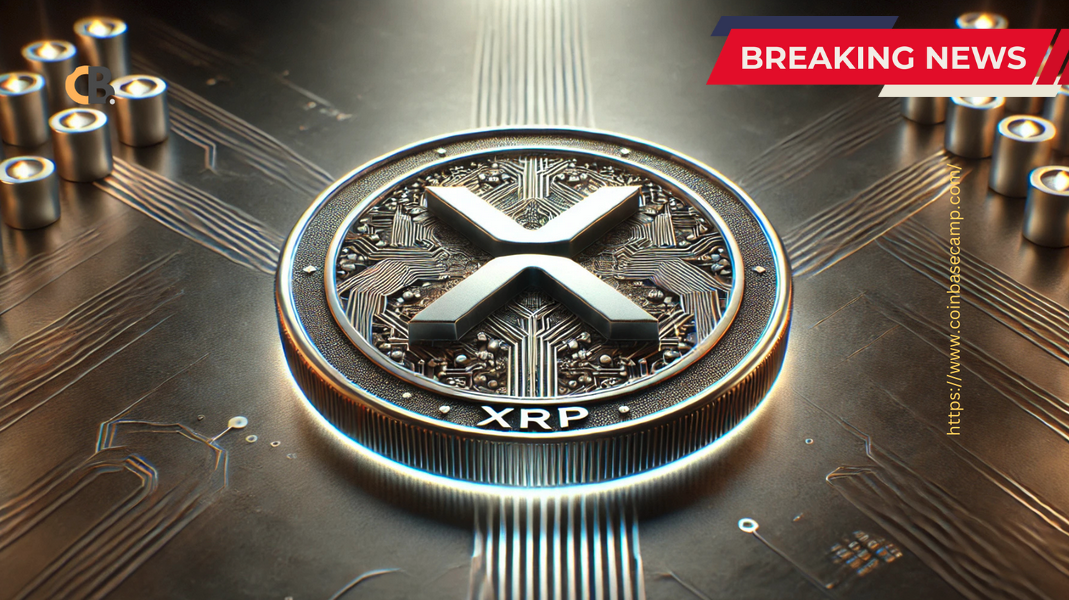Pakistan recently announced its plan to allocate 2,000 megawatts of surplus electricity to Bitcoin mining and artificial intelligence (AI) data centers. While the government sees this as a step toward digital transformation and economic revival, the International Monetary Fund (IMF) is waving a red flag. But why exactly is the IMF opposing this plan? The answer lies in a mix of financial discipline, legal ambiguity, and resource allocation concerns.
What’s the Conflict About?
Pakistan’s announcement, made in late May 2025, has caught the attention of international media and financial institutions. The government’s plan is part of a larger strategy to modernize its digital infrastructure, attract foreign direct investment, and use underutilized energy for high-tech applications. However, the IMF, which is currently in talks with Pakistan over an extended bailout program, has expressed serious reservations.
The IMF was not consulted about the mining initiative in advance and is now pressing the Finance Ministry for clarification. Its concerns span several fronts: the legality of crypto in Pakistan, the potential impact on national energy tariffs, and the broader implications for ongoing negotiations. With the country already facing power shortages and high fiscal pressure, the IMF’s hesitation highlights a clash between innovation and economic realism.
Bitcoin Mining vs. Pakistan’s Energy Crisis
One of the IMF’s main concerns revolves around electricity. Pakistan has been grappling with chronic power outages and mismanagement in its energy sector for years. Allocating 2,000 megawatts—roughly 10% of the country’s generation capacity—for Bitcoin mining raises questions about priorities.
The government claims this is surplus power, primarily from runoff energy sources that would otherwise go unused. But the IMF isn’t convinced. From its perspective, any strain on the grid, especially when citizens face regular blackouts, could be politically and economically destabilizing.
If Bitcoin mining operations drive up energy demand or tariffs for everyday consumers, it could undo years of efforts toward energy reform.
Legal Grey Areas and Investor Confidence
Another sticking point is the legal framework for cryptocurrencies in Pakistan. While retail adoption is high—Pakistan ranked ninth in the world for crypto adoption in 2024, according to Chainalysis—the regulatory environment remains murky. Until recently, there was no formal body overseeing crypto activity, and past governments have issued conflicting messages about its legality.
The creation of the Pakistan Digital Assets Authority (PDAA) in May 2025 was a step forward. This new body aims to regulate exchanges, wallets, and tokenized platforms while enabling Bitcoin mining under legal supervision.
IMF’s Role in Pakistan’s Economic Lifeline
Pakistan is currently engaged in complex negotiations with the IMF for an extended financial program. These talks involve sensitive reforms around tax policy, energy pricing, and public sector borrowing—all aimed at stabilizing the country’s struggling economy.
As one official put it, the government is now “facing stiff questions” that might delay or disrupt financial agreements vital for national stability.
Foreign Investment vs. Fiscal Prudence
On the surface, Pakistan’s crypto mining and AI initiative makes economic sense. It’s designed to bring in billions in foreign investment, create high-tech jobs, and strengthen the country’s position in global digital markets. International interest is already strong, with several foreign delegations visiting to explore partnerships.
The Ministry of Finance has also rolled out tax incentives and duty exemptions for investors in Bitcoin mining and AI. This pro-investor stance, backed by a national push toward digital transformation, sends a clear message: Pakistan wants to be a part of digital evolution in blockchain and artificial intelligence.
But from the IMF’s point of view, such incentives may undermine fiscal targets. If revenue is lost through tax breaks and public spending rises to support infrastructure, the country’s already fragile balance sheet could worsen.
Will the IMF Succeed in Stopping Bitcoin Mining in Pakistan?
The outcome remains uncertain. On one hand, Pakistan is determined to chart a new digital path which is country’s basic right and fundamental rights of people living there so that they can learn and evolve with digital transformative economies of the world. With over 27 million crypto users expected by 2025, public demand for regulated crypto activity is strong.
The current standoff may result in a compromise. Pakistan may slow down the project or reduce the energy resources to focus on renewable energy sources for mining, or allow pilot programs under strict regulatory supervision.
Final Thoughts
For Pakistan, the dream of becoming a crypto and AI leader must be balanced with the hard realities of energy shortages, fiscal deficits, and international obligations. And as long as the IMF remains unconvinced, that dream might take some time.
FAQs
Why is the IMF against Pakistan’s Bitcoin mining plan?
The IMF is concerned about the legal uncertainty of crypto in Pakistan, the strain on energy resources, and the financial implications for ongoing bailout negotiations.
Is crypto legal in Pakistan?
Pakistan is in the process of regulating crypto through the newly formed Pakistan Digital Assets Authority, but a comprehensive legal framework is still in development.
What is the Pakistan Digital Assets Authority (PDAA)?
PDAA is a new regulatory body created to oversee blockchain and crypto activity, including exchanges, token platforms, and mining.
How much electricity has Pakistan allocated for Bitcoin mining?
Pakistan has set aside 2,000 megawatts of surplus electricity for Bitcoin mining and AI data centers.
Could this plan attract foreign investment?
Yes, the plan includes tax incentives and duty exemptions to attract international investors in crypto and AI industries.
What happens if IMF disapproves of the plan?
It could complicate Pakistan’s ongoing financial negotiations with the IMF.
Latest Crypto News:
- Bitcoin Hits New All-Time High: What’s Next?
- How High Can Bitcoin Go in 2025?
- Ripple to Unlock 1 Billion XRP in June 2025
- Ripple joins Hands With Zand Bank and Mamo
- Is XRP Worth Buying? Can XRP Reach $10?
- Ripple Vs SEC Settlement Rejected
- XRP Price Prediction: Massive XRP Breakout Coming?
- XRP News Today: Ripple About to Shatter All-Time Highs?
- How High Can Bitcoin Go in 2025?
- SUI Token Unlock: SUI Price Prediction After Token Unlock
- Shiba inu News Today














